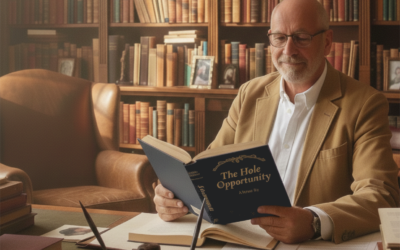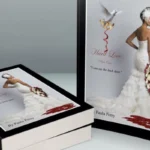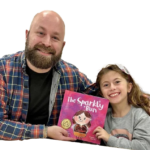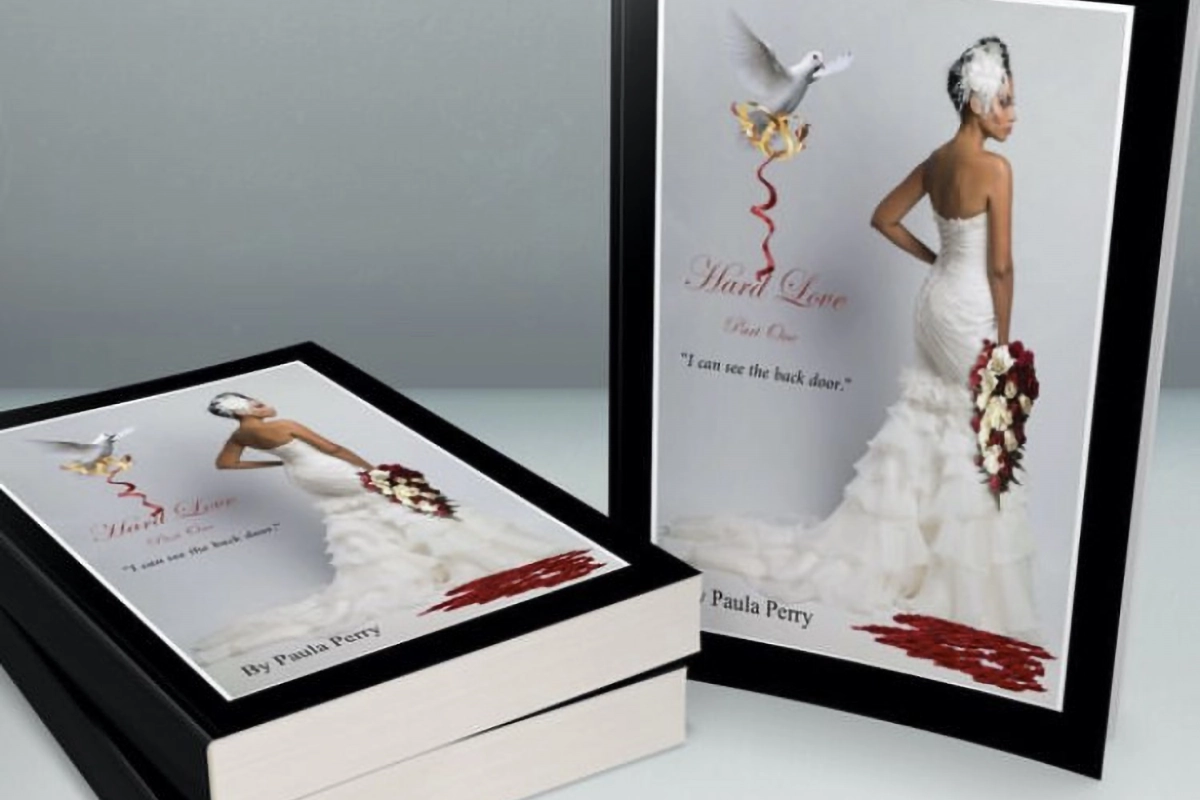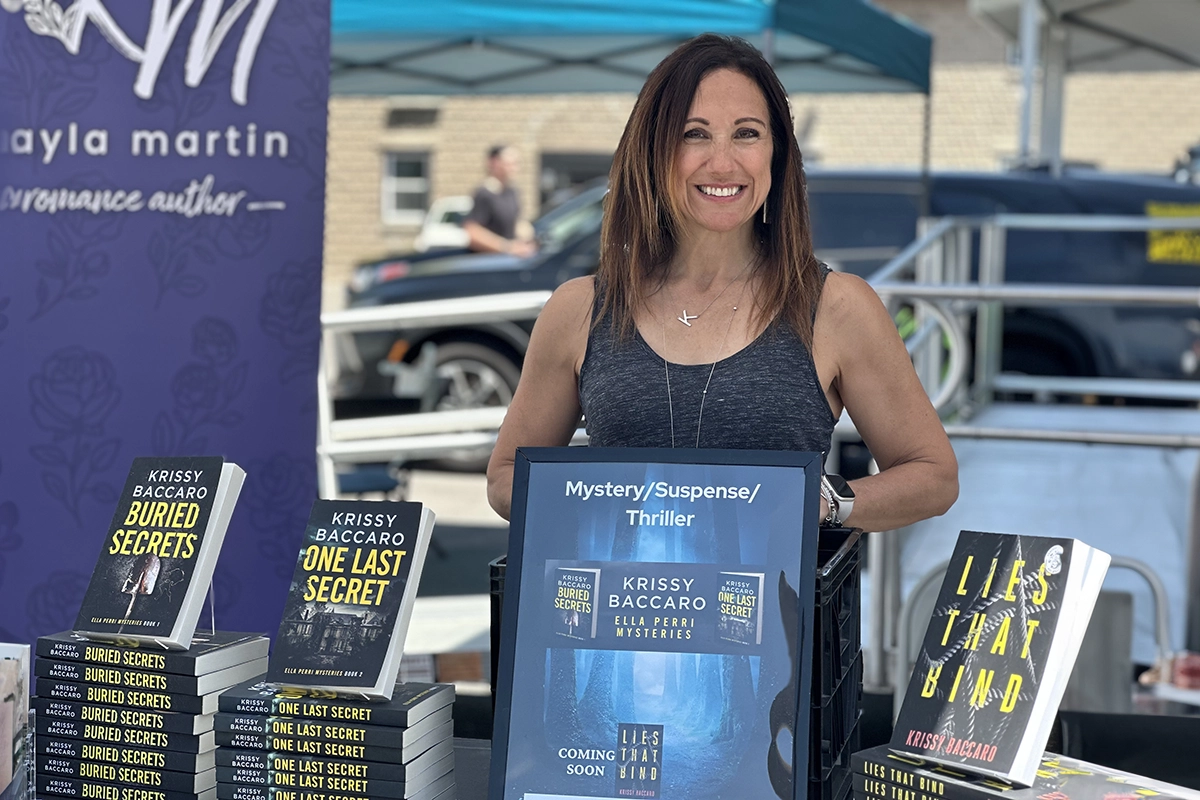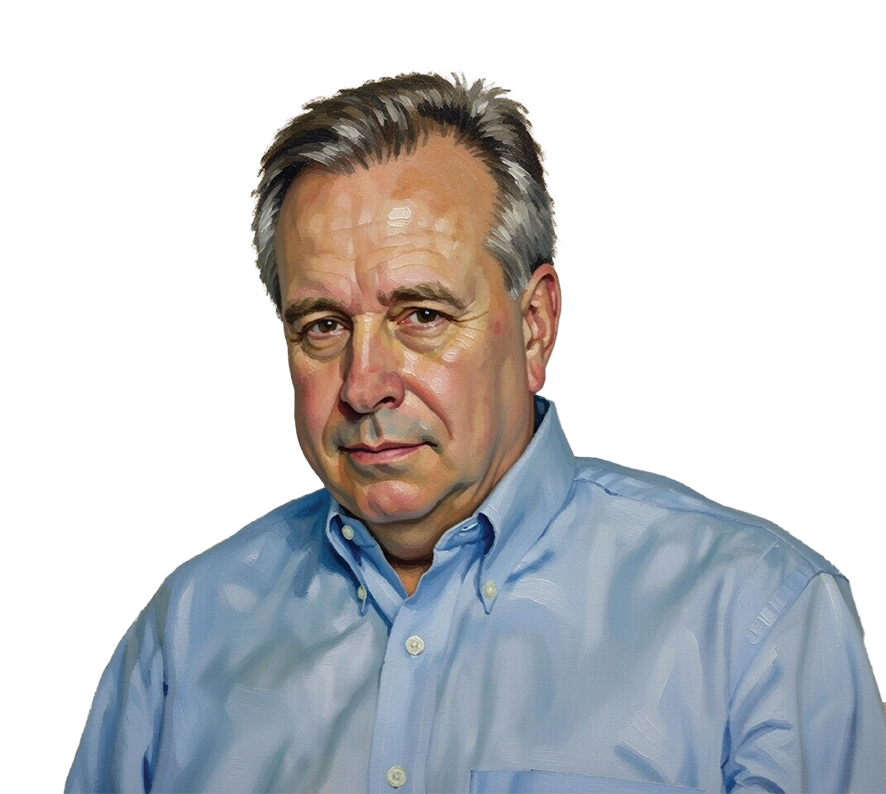David Gordon Weaves History and Sci-Fi into Captivating Stories
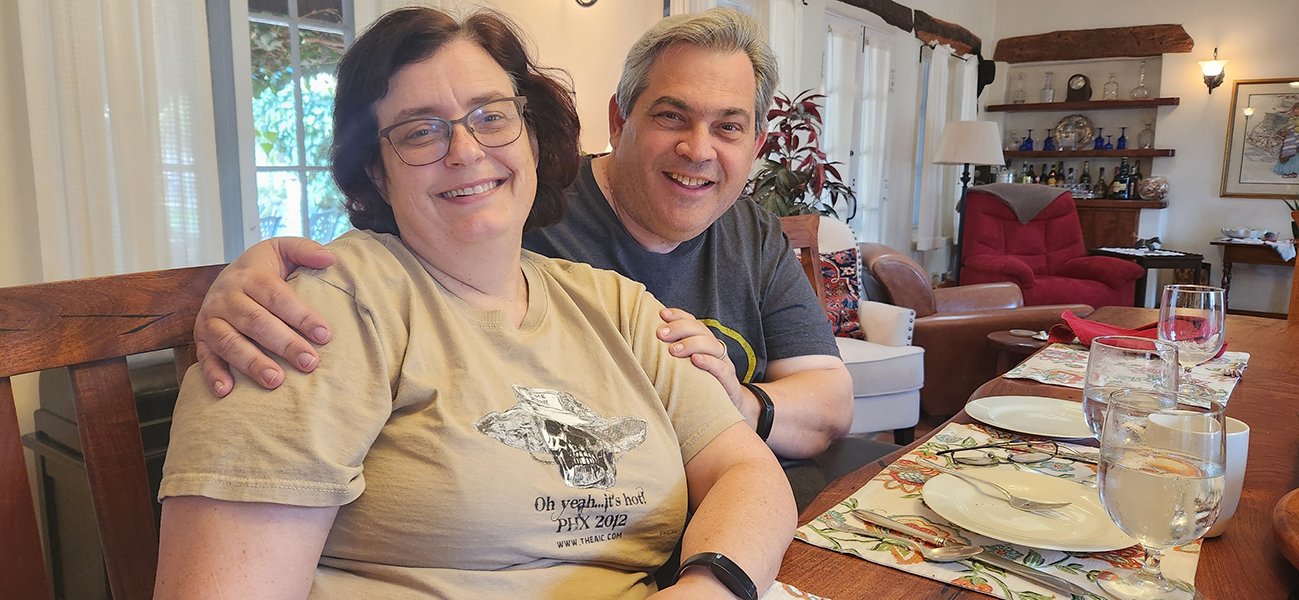
Photo: Award-winning author David Gordon blends history, science fiction, and mystery to deliver thrilling, educational, and unforgettable adventures.
An Author Bridging the Past and Future Through Time Travel, Mystery, and Adventure
David Gordon shares his passion for blending history and speculative fiction, discussing his influences, research-driven storytelling, and advice for aspiring authors in an interview originally featured in Reader’s House.
David Gordon, an award-winning author, has carved out a distinct voice in the world of historical fiction, science fiction, and mystery. Known for his ability to combine thrilling narratives with historical depth, Gordon brings his readers into fascinating worlds where history meets the extraordinary. His celebrated books, including the Jigsaw, Case File, and Moly series, showcase his unique vision and passion for intertwining historical events with speculative fiction.
With a background as a social studies teacher, school principal, and founder of the Grand Canyon College Preparatory Academy, Gordon’s extensive knowledge of history informs his stories. This educational foundation has empowered him to craft novels that not only entertain but educate, offering readers insights into real historical events—many of which are largely overlooked. His writing goes beyond storytelling, delivering historical perspectives through the lens of time travel, supernatural elements, and noir-influenced narratives.
David Gordon masterfully combines historical accuracy, gripping plots, and imaginative storytelling, inspiring readers to explore history through fresh perspectives.
One of Gordon’s most beloved works, the Jigsaw series, invites readers to dive into reimagined history, where time-traveling teens uncover secrets often excluded from traditional textbooks. Grounded in meticulous research and a love for classic science fiction and horror, the series reflects the influence of iconic creators like Ray Bradbury, Doctor Who, Star Trek, and the Universal Horror films of the 1930s. Gordon’s knack for blending history with speculative fiction allows readers to experience the past in dynamic, unexpected ways.
In his interview with Reader’s House, Gordon shared insight into the role of time travel in his stories, describing it as pivotal to both his plots and character development. Through time travel, his protagonists make decisions that reveal their motivations and struggles, often grappling with how their actions will alter—or preserve—history to suit their own goals.
“For the reader, I have two goals when I’m writing: to entertain and to educate.” – David Gordon
Gordon’s approach to historical fiction is guided by his dual commitment to entertainment and education. “For the reader, I have two goals when I’m writing,” he shared. “One is to craft an exciting, character-driven story. The second is to be educational. I want my readers to learn about real historical events, from the Italian resistance in World War II to the American Women in Space Program, or even how I Love Lucy’s cinematographer Karl Freund shaped television and cinema.” This blending of history and fiction reaches a poignant high in his latest book, The Trail of the Zombies, where Gordon examines the tragic experiences of Native American children in government-run schools while layering supernatural intrigue into the narrative.
Another standout work, The Mummy’s Vengeance, marks Gordon’s first foray into noir mystery horror. Inspired by the aesthetics of Universal Horror classics and the works of Agatha Christie and Dashiell Hammett, this 1920s-30s noir piece was a departure from his time-travel-centered stories. Surprisingly, the writing flowed quickly for Gordon, and the draft was completed in under six weeks—much faster than his usual two-month process for a time-travel novella.
Gordon’s fascination with history shines most brightly in his work Jigsaw: History’s Forgotten, where he explores intriguing “what if” scenarios. One standout example involves the antagonists attempting to eliminate I Love Lucy’s Karl Freund in World War I, theorizing that his absence could ripple across history to erase cinematic classics like Dracula and The Mummy. Without these works—or Freund’s later role in pioneering television—shows like Star Trek and The Twilight Zone might never have been made, significantly altering the history of entertainment and potentially even technology.
When asked about the challenges of writing, Gordon credited his background as a social studies teacher and school administrator with shaping many of the themes, narratives, and characters in his books. “Without my experience as an educator, there is no Jigsaw universe,” he explained. He also highlighted the critical role his wife, Dr. Gwyneth Gordon, plays in supporting him throughout the creative process.
For aspiring authors in science fiction and historical fiction, Gordon offered invaluable advice: “Never give up! Perseverance is key. Research and outline your story before writing; be as organized as possible. Invest in a great cover artist, beta readers, and a skilled line editor. You may think your draft is perfect, but fresh eyes can transform your work in ways you never imagined.”
With a clear passion for storytelling and history, David Gordon’s works remind readers that the past is as thrilling as it is complex—and that imagination can turn historical facts into unforgettable adventures.


